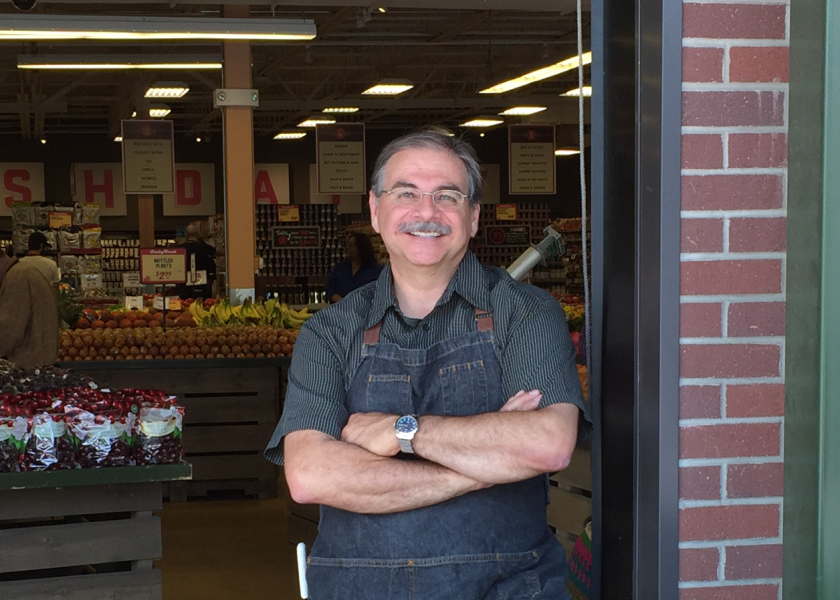What really matters in produce

In the midst of the COVID-19 pandemic, I sometimes struggle to find some ray of hope, some lesson that we may have overlooked that we might carry with us when it’s all over. And certainly, at some point, sooner or later, this will be all over.
In the produce industry we are undoubtedly learning many things now and will discover even more as this ugly period eventually appears smaller and smaller in our rear-view mirror.
For the time being, three very real lessons come to mind.
First, produce brands (like many food brands) matter. News reports consistently remark on the comfort food that people have gravitated to in the face of the pandemic. Items such as pasta, canned goods, frozen food and many other commodities flew off the shelf. Leading the list were brands that people have trusted through the years.
In produce, brands can be just as endearing to shoppers; Chiquita bananas, Del Monte pineapples, Dole fruit, California avocados, Florida tomatoes, Driscoll’s berries, Idaho potatoes, Sunkist citrus, Washington apples, and so many more. These are among nearly century-year-old “brands” that customers look for and buy with confidence.
This is important to consider when stocking on a regular basis, but especially so during uncertain times. That’s when familiarity and trust save the day. No matter what brands you carry, if you are consistent and customers know and embrace them, it pays off in good times or not. Brands matter.
Second, be someone’s customer. Sometimes, newer produce buyers can have a reputation of “spreadsheeting” — bouncing around and buying from a wide range of suppliers, grades or labels. Usually it’s from whoever is the least expensive on any given day. Having a couple of steady backup suppliers is smart, but the hard lesson here is that when things get tough, if you aren’t someone’s regular customer, you sink lower on the shipper’s priority list.
Find a quality supplier that gives you accurate information on availability, quality and pricing, and a heads-up on market conditions, and be that shipper’s regular customer. When you do, and supplies get tight, your purchase orders will get covered first and more completely.
Third, the produce industry is indeed all about relationships. Grower-shippers also cultivate and covet strong relationships with organizations, with specific chains. However, within those organizations sits a produce director, a category manager, a buyer or produce specialist whose job it is to make buying decisions. Ultimately at both ends are real human beings that not only value good working relationships but develop strong personal ties, trusting relationships that often develop into lifelong friendships.
Do that, and in good times or bad (on either side of the buying or selling fence), you’ve got someone you can count on. Especially in our business, that’s a good lesson to take to heart.
Related content:
Why become a produce manager?
For produce clerks, risks always come with the job
What should we learn from our experiences during COVID-19?







